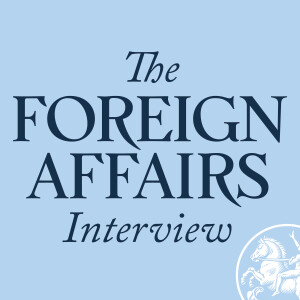Wednesday Mar 20, 2024
India has enormous momentum. Its population has surpassed China’s, making it the most populous country in the world. Its economy is expected to become the world’s third largest in the next few years. And, as much as any country, it seems positioned to take today’s geopolitical tensions and turn them to its advantage.
The country’s prime minister, Narendra Modi, is expected to win a third term in office this spring, cementing his own political dominance. But that has come with a dark side—an assault on civil rights and democracy, which some warn will ultimately hinder India.
To address Modi’s third term and India’s future more broadly, Foreign Affairs editor Daniel Kurtz-Phelan moderated a panel including Alyssa Ayres, Ashley J. Tellis, and Pratap Bhanu Mehta. Ayres is Dean of the Elliott School of International Affairs at George Washington University and an Adjunct Senior Fellow at the Council on Foreign Relations. Tellis is the Tata Chair for Strategic Affairs and a Senior Fellow at the Carnegie Endowment for International Peace. And Mehta is Laurence S. Rockefeller Visiting Professor for Distinguished Teaching at Princeton University.
You can find transcripts and more episodes of The Foreign Affairs Interview at https://www.foreignaffairs.com/podcasts/foreign-affairs-interview.







